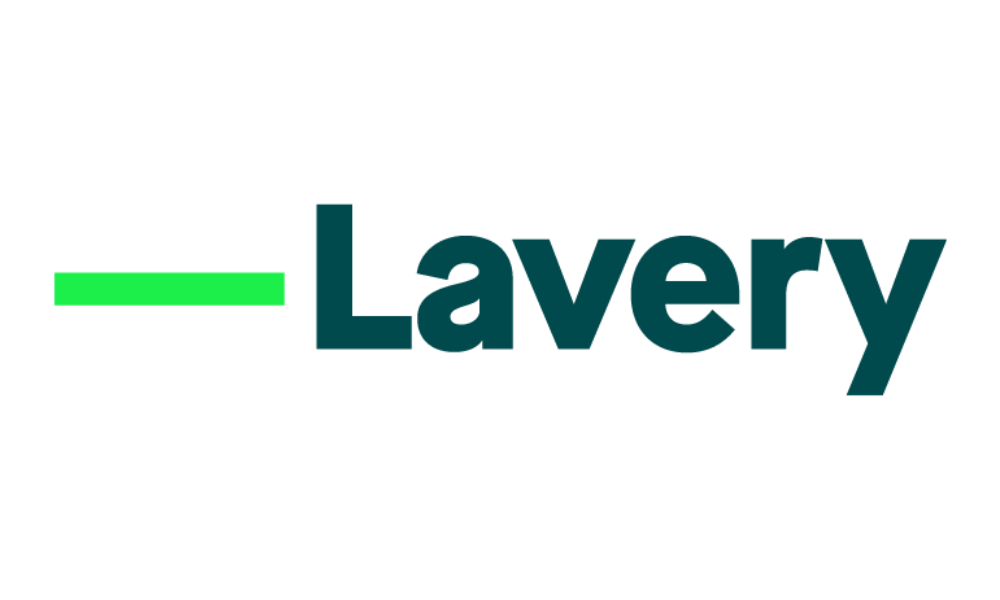With relentless upheaval in the legal industry along with innovations, such as alternative legal services and structures coming to the fore, marketing the “unlawyer” is inevitable. Unlawyers are people of a decidedly different stripe, and some aren’t lawyers to start with. The unlawyer thinks beyond the confines of the billable hour, relishes a work life without either the benefits or restrictions of a traditional working structure, weighs commoditized work against specialized work and can see value in both, but chooses one.
Many are in their 30s and 40s, and considered the “next wave” of talent on the partner track, but want a life other than that offered by traditionally structured firms. These are not people willing to die at their desks while awaiting a tap on the shoulder that might indicate an invitation into a partnership. For these folks, partnership isn’t a goal. They want something else and will do whatever it takes to get it.
> Heaving and Buckling
Business clients continue to push for alternatives for getting legal work done. This year, The Center for the Study of the Legal Profession at Georgetown University Law Center and (Lexpert publisher) Thomson Reuters’ Peer Monitor issued their 2015 Report on the State of the Legal Market.
It contains a reference to the Altman Weil 2014 Chief Legal Officers Survey, which indicated that, during the past 12 months, almost 17 per cent of chief legal officers surveyed had outsourced work to companies that were not law firms.
CLOs also reported that “non-law firms” accounted for 3.9 per cent of their budgets in 2012, 6 per cent in 2013 and 7.1 per cent in 2014. It’s a good bet that this type of growth will not be a trend, but will become the norm.
In Canada, a number of alternative legal services providers, such as Conduit Law, Axess Law and Avōkka LLP are going concerns, while Cognition LLP and Delegatus Legal Services Inc., both of which have been operating since 2005, are on growth trajectories. More Canadian alternatives are either in start-up or incubating.
In April 2015, a handful of Ontario lawyers who could be described as “unlawyerly,” only because they don’t fit the conventional mould, took a shot at becoming Benchers with the Law Society of Upper Canada. Nova Scotia and Québec also elected governors to their respective law societies around the same time. Any addition of unlawyers to these ranks can be expected to add a dash of colour, flourish and new ways of doing things.
> Swashing and Buckling
The legal industry is no longer “business as usual,” and the characters aren’t usual either. Many unlawyers are swashbucklers who, true to type, are the resourceful chance-takers that bring to mind the Three Musketeers, Cyrano de Bergerac, Zorro and even Jack Sparrow. The most immediate analogy might be the protagonist in the 1921 novel Scaramouche. It tells the tale of a young lawyer during the French Revolution who, as a result of misadventures, becomes an actor portraying Scaramouche, a roguish character in the Commedia dell’Arte. In the course of the story, he also becomes a revolutionary who uses his sharp sword and sharper tongue to win disputes while transforming from a cynic to an idealist.
While idealists are sometimes dreamers, they can also be visionaries. Being visionary can lead to innovation. In February 2015, I was among like minds who exchanged lessons learned and sparked ideas at a Lean Law “unconference” at MaRS Discovery District, a centre for innovation in Toronto. This was a tribe of 70 souls from Canada and the United States that included people from various areas of law, technology, knowledge management and business who gathered to focus on alternative legal models and practices inherent to New Law. The synergy was so dynamic that had we taken a notion to launch a legal services outfit on the spot, we would have a “tiger by the tail” from the get-go.
This “think and do” behaviour is where the legal world is heading, armed with knowledge and faith that change affords advantage and fortune favours the audacious. Swashbucklers are already evolving or evolved, while other players may remain in stasis. And that’s okay because the legal industry’s transformation will prove to be like any evolution: survival of the fittest. As futurist Alvin Toffler said: “The illiterate of the 21st century will not be those who cannot read and write, but those who cannot learn, unlearn, and relearn.”
Heather Suttie is a legal marketing and business development consultant. She works with a range of law firms from global to boutique. Reach her at (416) 964-9607, [email protected].
Many are in their 30s and 40s, and considered the “next wave” of talent on the partner track, but want a life other than that offered by traditionally structured firms. These are not people willing to die at their desks while awaiting a tap on the shoulder that might indicate an invitation into a partnership. For these folks, partnership isn’t a goal. They want something else and will do whatever it takes to get it.
> Heaving and Buckling
Business clients continue to push for alternatives for getting legal work done. This year, The Center for the Study of the Legal Profession at Georgetown University Law Center and (Lexpert publisher) Thomson Reuters’ Peer Monitor issued their 2015 Report on the State of the Legal Market.
It contains a reference to the Altman Weil 2014 Chief Legal Officers Survey, which indicated that, during the past 12 months, almost 17 per cent of chief legal officers surveyed had outsourced work to companies that were not law firms.
CLOs also reported that “non-law firms” accounted for 3.9 per cent of their budgets in 2012, 6 per cent in 2013 and 7.1 per cent in 2014. It’s a good bet that this type of growth will not be a trend, but will become the norm.
In Canada, a number of alternative legal services providers, such as Conduit Law, Axess Law and Avōkka LLP are going concerns, while Cognition LLP and Delegatus Legal Services Inc., both of which have been operating since 2005, are on growth trajectories. More Canadian alternatives are either in start-up or incubating.
In April 2015, a handful of Ontario lawyers who could be described as “unlawyerly,” only because they don’t fit the conventional mould, took a shot at becoming Benchers with the Law Society of Upper Canada. Nova Scotia and Québec also elected governors to their respective law societies around the same time. Any addition of unlawyers to these ranks can be expected to add a dash of colour, flourish and new ways of doing things.
> Swashing and Buckling
The legal industry is no longer “business as usual,” and the characters aren’t usual either. Many unlawyers are swashbucklers who, true to type, are the resourceful chance-takers that bring to mind the Three Musketeers, Cyrano de Bergerac, Zorro and even Jack Sparrow. The most immediate analogy might be the protagonist in the 1921 novel Scaramouche. It tells the tale of a young lawyer during the French Revolution who, as a result of misadventures, becomes an actor portraying Scaramouche, a roguish character in the Commedia dell’Arte. In the course of the story, he also becomes a revolutionary who uses his sharp sword and sharper tongue to win disputes while transforming from a cynic to an idealist.
While idealists are sometimes dreamers, they can also be visionaries. Being visionary can lead to innovation. In February 2015, I was among like minds who exchanged lessons learned and sparked ideas at a Lean Law “unconference” at MaRS Discovery District, a centre for innovation in Toronto. This was a tribe of 70 souls from Canada and the United States that included people from various areas of law, technology, knowledge management and business who gathered to focus on alternative legal models and practices inherent to New Law. The synergy was so dynamic that had we taken a notion to launch a legal services outfit on the spot, we would have a “tiger by the tail” from the get-go.
This “think and do” behaviour is where the legal world is heading, armed with knowledge and faith that change affords advantage and fortune favours the audacious. Swashbucklers are already evolving or evolved, while other players may remain in stasis. And that’s okay because the legal industry’s transformation will prove to be like any evolution: survival of the fittest. As futurist Alvin Toffler said: “The illiterate of the 21st century will not be those who cannot read and write, but those who cannot learn, unlearn, and relearn.”
Heather Suttie is a legal marketing and business development consultant. She works with a range of law firms from global to boutique. Reach her at (416) 964-9607, [email protected].





